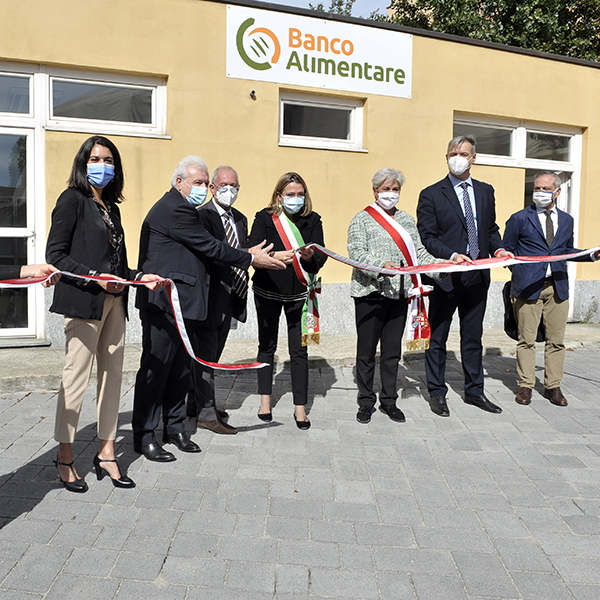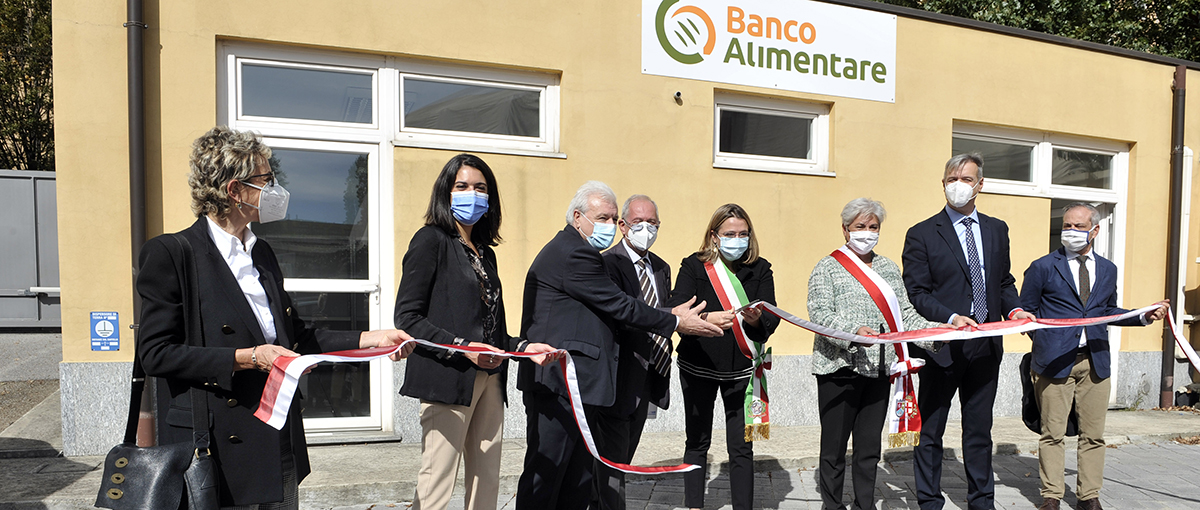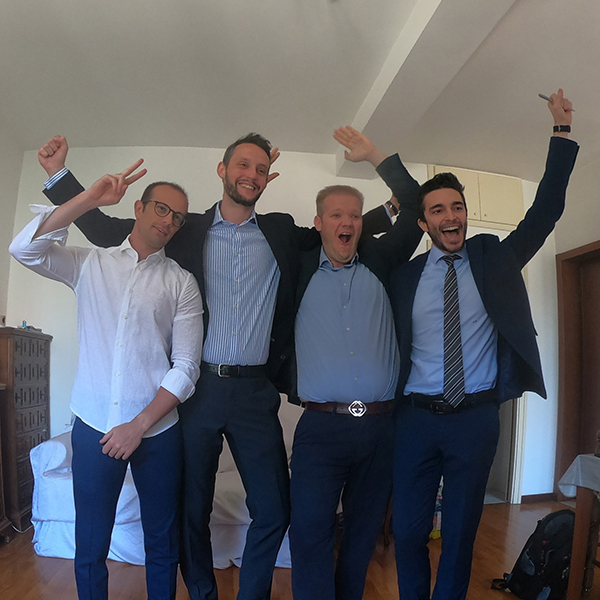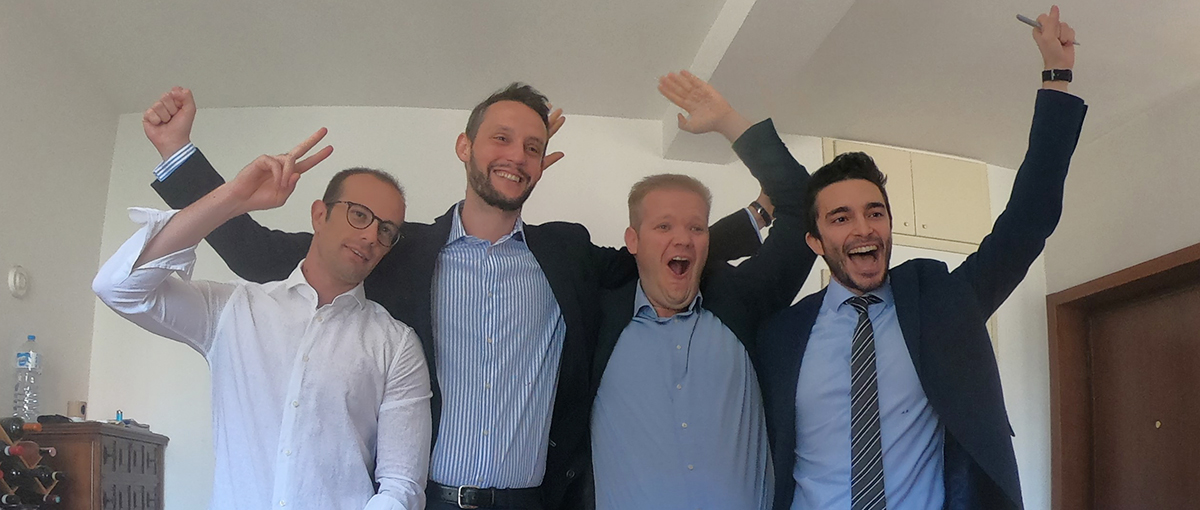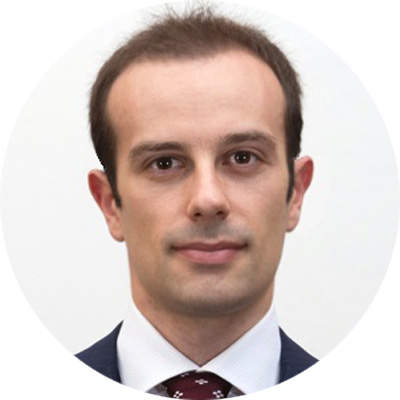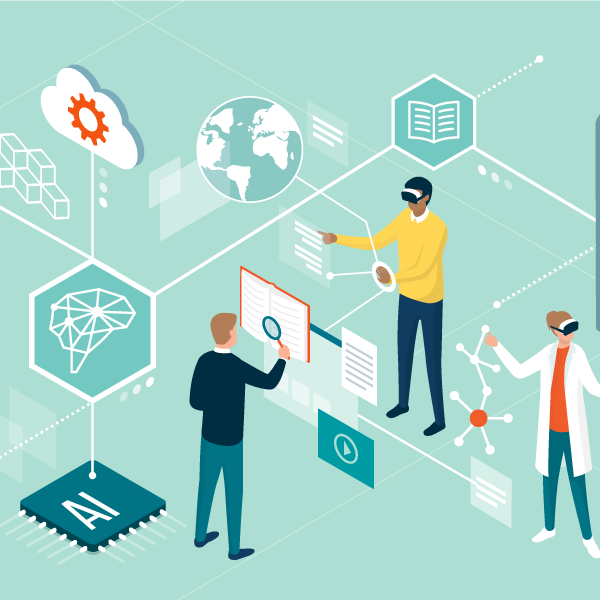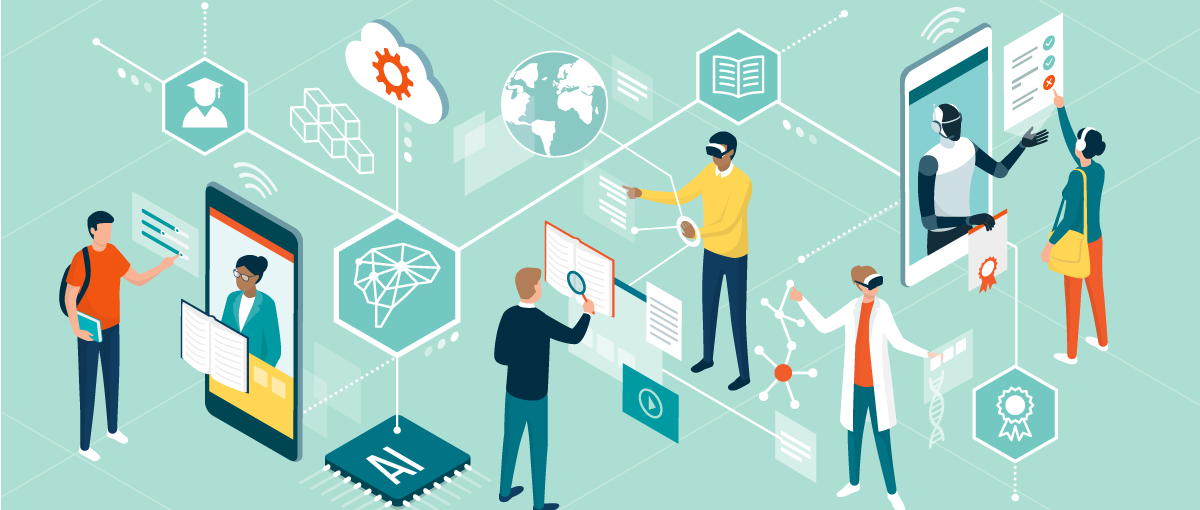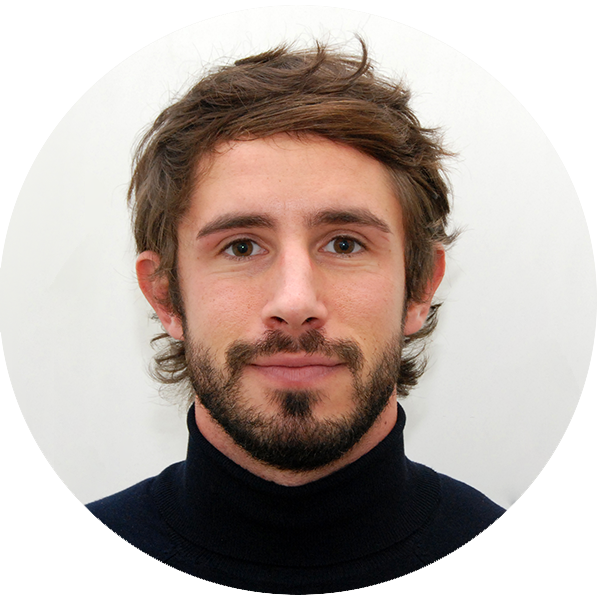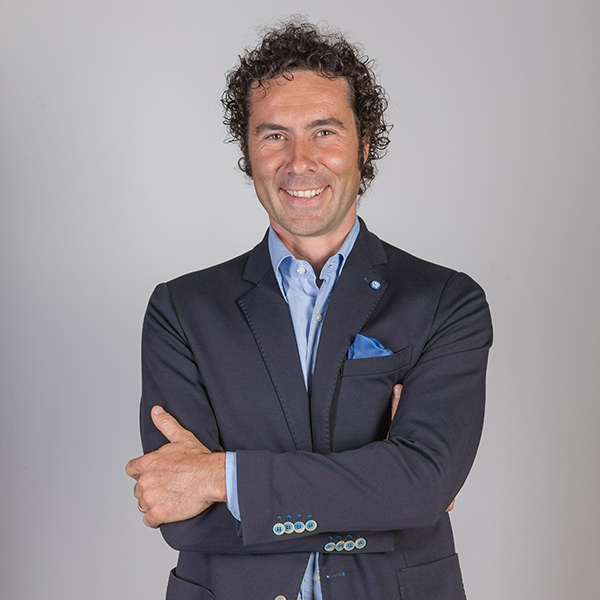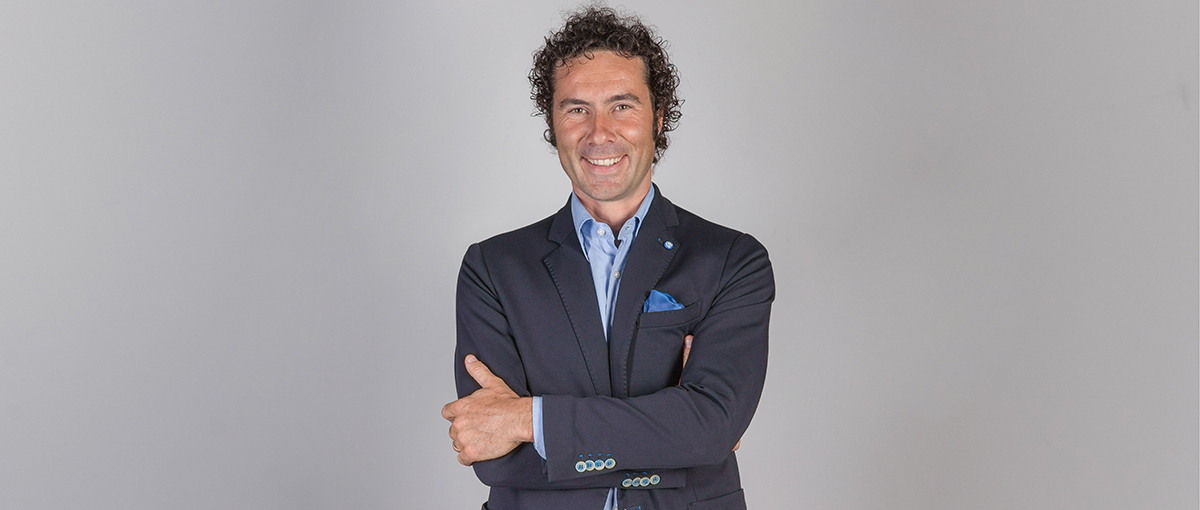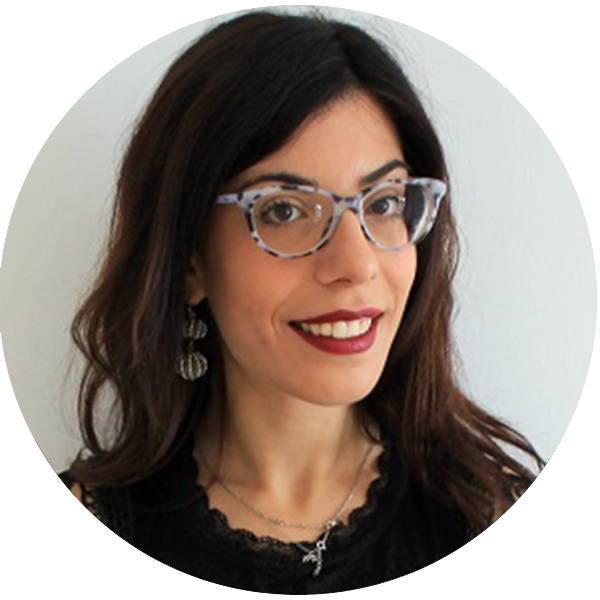Over one million companies analysed for ten years (2009-2018): Centre and North-East are the most affected areas. The largest losses are in the construction, finance, mining and ICT sectors, with little damage to tourism, agriculture and transport.
Climate change is costing the economic system a lot of money: looking at ten years (2009-2018), one degree of additional warming has led to an average reduction in turnover and profitability of -5.8% and -3.4%, respectively, for Italian companies. If we then consider the actual changes in temperature in the various geographical areas, in 2018 alone – a particularly hot year – our business network recorded a loss of revenue of Euro 133 billion, with the greatest percentage losses in the North East and the Centre.
This is what emerges from the first year of activity of the Climate Finance Observatory of the School of Management of the Politecnico di Milano, which on 27 April 2021 presented its main results at an online conference attended by institutions, businesses, investors and trade associations. Global warming is now fully an economic issue. “We have developed a database that crosses economic/financial information on 1,154,000 companies in Italy between 2009 and 2018 (22 million in Europe) with meteorological data on temperature, rainfall and solar radiation since 1950 – explains Vincenzo Butticè, vice director of the Observatory – to find solid empirical evidence on the relationship between climate and the economic system“. This has resulted in reliable metrics to support regulators, financial institutions and manufacturers in their economic/financial analysis of climate change.
The Observatory has in fact calculated the real, not hypothetical, damage caused by an increase in temperature of 1 degree Celsius in Italy: small enterprises have lost the most in profitability, while large companies, being able to act better on costs and processes, despite a decrease in revenues and demand, were better able to contain their losses in margins.
Among the sectors most affected by the temperature increase are construction, finance and mining. Information technology, real estate and research and innovation suffered the same drop in turnover (-6.4%), but with a smaller decrease in margins. Manufacturing and retail were the best performing sectors, preceded only by agriculture, tourism and transport.
On the other hand, in geographic terms, the impact was worse in Central Italy and the North East, where companies managed to maintain higher margins. The North West suffered a sharp loss in profitability but not as much in turnover, while the South and Islands were little affected by climate change.
If we look at the drop in turnover in absolute figures, the biggest losses were recorded in Lazio, Lombardy, Emilia Romagna and Tuscany.
“Managing the consequences of climate change and mitigation strategies represent the greatest challenge that world economies will have to face in the coming years – comments Roberto Bianchini, director of the Climate Finance Observatory -. For example, the analysis shows how a flood could cost companies in the affected area up to 4% of turnover and a loss of value of balance sheet assets of around 0.9%, which rises to 1.9% in case of a large fire. The global emergency related to the pandemic has also contributed to increasing the perception of risk, because it has shown how economic actors are affected not only directly, but also indirectly, through the channels of demand, supply or their own supply chain”.
On the regulatory side, both the European Commission and the regulatory agencies produced a large number of documents in recent months to improve understanding of the interrelationships between climate risks and economic activities. One example is the “Green Taxonomy”, a document that identifies actions within different sectors that can promote climate change adaptation and mitigation while avoiding negative impacts on the environment.
It is extremely important to identify risks and to find tools and metrics to quantify the climate exposure of portfolio assets. The action of the ECB is relevant in this direction: it carried out an analysis of about 4 million companies and 2,000 banks to identify the exposure of the financial system over the next 30 years. The study shows that the costs for implementing adaptation and mitigation strategies now are far lower than they are likely to be in the future: according to the ECB, the probability of default of banks will be higher the less action is taken by the economic system to change the trajectory of temperature increase.
For more information: https://www.osservatoriefi.it/efi/2021/04/28/climate-change-finance-rischi-e-opportunita-per-le-imprese/ (in Italian)












